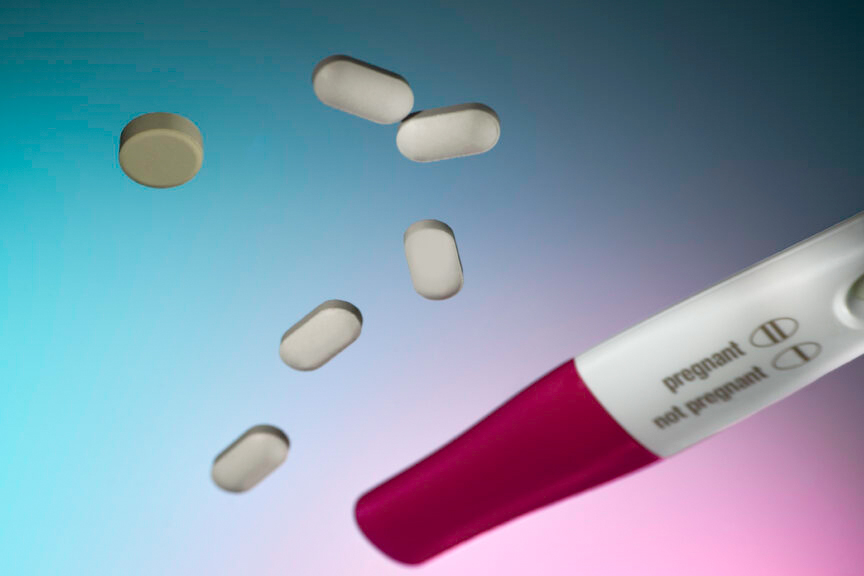Current restrictions on abortion access in Japan make it difficult to access medical abortion. However, the self-reported experiences of Japanese women accessing mifepristone and misoprostol through Women on Web’s telemedicine service add to a large body of evidence demonstrating that medical abortion is a safe and effective method that is highly acceptable to women. Moreover, the experiences reported by survey respondents contrast with problematic and inaccurate representations of medical abortion in mainstream media and public opinion
Women on Web (WoW) is an international telemedicine abortion service providing access to safe and affordable online abortion care since 2005. The abortion service is accessed via an online questionnaire that is screened by a doctor. If clinical eligibility criteria are met, mifepristone and misoprostol (“abortion pills”) are mailed directly to users of the service.
The World Health Organization (WHO) recommends telemedicine as safe, acceptable, and empowering options up to 12 weeks of pregnancy. The abortion pills mifepristone and misoprostol are on the WHO’s list of essential medicines.
After the service has been provided, WoW sends a questionnaire to women to evaluate the experience they have had with the telemedicine abortion service. In 2021, 62 women in Japan filled in the questionnaire. Of these 46, women used the medications provided by Women on Web to end their pregnancies.
Research findings
- All respondents appreciated that they could contact WoW to obtain a medical abortion. Out of 62 women, 57 answered that they would recommend the service to others. The information provided by the 5 participants who reported they would not recommend the service is explored further in the research.
- There were 10 women who experienced much more bleeding and/or pain than normal menstruation, which was more than they expected. All 10 reported that bleeding and pain diminished after 24 hours. Participants reported that pain was well-controlled by painkillers available over the counter.
- Women were highly satisfied with medical abortion even when they experienced more bleeding and pain than expected.
- Of the 46 women who used the medications to end their pregnancies, 9 went to see a local doctor afterwards. No respondents mentioned concerns about pain or excessive bleeding, instead, they presented at local services to ensure that abortion was successful. As the symptoms of medical abortion identical to those of a natural miscarriage, women did not tell doctors that they used the medications. In turn, their practitioners diagnosed them as having had a natural miscarriage.
- Out of the 9 women who went to the hospital, 4 needed no further treatment as the abortion was already complete and there were no other concerns needing follow-up. Of the remaining five, four were prescribed antibiotics. One woman was worried about infection, but the hospital found no signs of infection. She underwent a dilation and curettage as a treatment after a diagnosis of natural miscarriage. All participants who sought hospital care reported that they were properly treated and that the medical professionals were kind to them.
Conclusions
Medical abortion is a widely-tested, modern, safe and effective way to end early pregnancies. There are no medical or scientific reasons to restrict Japanese women’s access to this method. Everyone is entitled to choose between surgical and medical abortion methods.
The current organization of abortion services in Japan does not correspond to the rights, needs, preferences and autonomy of women with unwanted pregnancies (read about the “spousal consent” rule in Japan here)
The mainstream narratives around medical abortion in Japan often focus on safety risks and pain experienced during the process as shown in recent media coverage in Japan. However, this does not reflect the real experiences – often positive – of women who access medical abortion, including through telemedicine services like Women on Web.
Learn more about medical abortions and Women on Web in Japan on our webpages or Huffington Post Japan.
For the full research article in Japanese, click here



